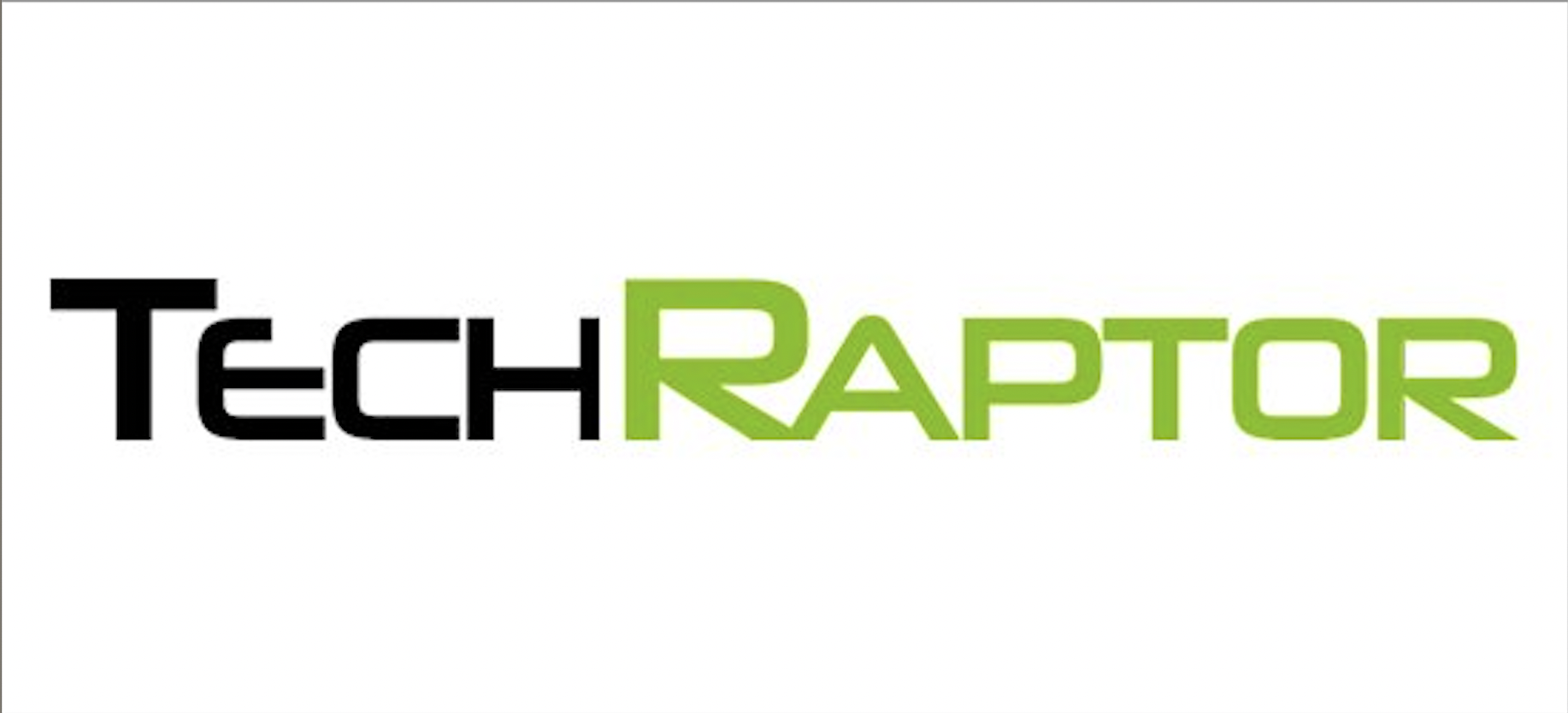TechRaptor’s Rutledge Daugette on Being a “Positive Voice” in Video Game Journalism
Rutledge Daugette grew up playing video games. As a teenager, before he founded the video game publication TechRaptor, Daugette would come home from a long day at school and play Halo 2 with his friends, late into the night.
“It was always good for me to get away from whatever was going on, because middle school is hot garbage,” Daugette said.
Gaming soon became more than a hobby. In 2012, Daugette began blogging about games and tech events. He knew he wanted to do something for himself, rather than work for others. So in March 2013, at the age of 23, with no background in journalism or publishing, he bought a domain, and gave it what he called the “ridiculous name” of TechRaptor.
Nine years later, TechRaptor has seen remarkable growth. Readership and revenue have rapidly risen, and the publication now has dozens of contributing writers and freelancers. Daugette is assiduous about improving the website. He wants to ensure readers are at the forefront, TechRaptor’s culture is positive and its content adheres to stringent editorial standards.
Yet the road to success isn’t easy, and Daugette has confronted past mistakes in order to bring the publication to where it is today.
Adapting and learning
In 2014, when TechRaptor was little over a year old, the publication covered GamerGate, an online harassment campaign directed at women in the gaming industry. Daugette looks back on this time with regret.
“From 2013 to 2016 we not only published a lot of content that, looking back, is awkward to read, but a good amount that is also just poor, misleading, or lacking research,” Daugette wrote in a blog post from May.
He spent time building out the site’s lengthy ethics and standards policy in 2017 after taking a hard look at the coverage of GamerGate. Daugette and his team combed through 37,000 articles, dating from 2013 onward. In the end, he removed about 20 percent of TechRaptor’s old content, some because it didn’t meet its current editorial standards, some because of broken layouts because TechRaptor changed website platforms over the years.
“It shows we really had no idea what we were doing in 2014, 2015,” said Daugette. “We still weren’t really sure who we were, what our vision as a company was.”
A ‘business to reader’ focus
Daugette has spent the time since GamerGate focusing on TechRaptor’s brand and making the publication a reputable source. He describes the business model as “business to reader” — focusing on content people want to read and monetizing from that standpoint.
The site has seen a steady growth in readership. In 2015, the site had 3.1 million visitors; last year, 11.1 million; in 2021, it’s on track for 18 or 19 million. Page views have grown around 150 percent from last year, and revenue has grown 300 percent, according to Daugette. Around 80 percent of the company’s revenue comes from advertising, the remaining amount is largely affiliate revenue.
Daugette funnels the revenue growth into regular pay raises for writers — he supports himself with his day job in IT and doesn’t take a salary.
Scaling up
TechRaptor was an early user of OutVoice and has used the platform since 2018.
Prior to using OutVoice, Daugette spent 15 hours per month calculating pay for his staff. With OutVoice, he has gotten that time back, built out TechRaptor’s pool of freelancers and has been able to easily track the revenue and spending for different sections of the site.
“It has been an instrumental part in our success since we integrated it at the end of 2018,” said Daugette. “After that, I haven’t had a single thought about invoicing or sending people money or PayPal.”
TechRaptor has also spent resources hiring a developer team to rebuild the website, rolling out web apps, and next year, they plan to introduce a membership platform.
Daugette has received offers to sell TechRaptor, but has refused all of them.
“To me, at the moment, there’s no dollar amount that would make me give up what we’re building,” Daugette said.
A mission with meaning
Daugette and TechRaptor emphasize giving back to charity as part of their mission. In June 2020, after Black Lives Matter protests that swept the nation, TechRaptor donated its entire advertising income from the previous month— around $1,500 — to the NAACP Legal Defense Fund.
In 2021, the company pledged to give five to ten percent of its profit to charitable causes. This has included a monthly donation to Safe In Our World, a charity focused on mental health, which is important to Daugette, who is open about his struggles with ADHD and depression. In May, TechRaptor announced its pro-Palestine stance and donated to the Palestine Children’s Relief Fund. In August, they donated to relief organizations following the devastating earthquake in Haiti.
“I hope to be a positive voice for change in the industry,” said Daugette. “Not only when it comes to treating others well, giving back to the community, but also just being positive and taking care of your people.”
Clara McMichael is a New York City-based reporter who covers politics, international affairs, and climate change. She has written for Slate, the Guardian, Mic and the Christian Science Monitor. She previously worked at ABC World News Tonight.
Of the dozens of publishers that use OutVoice, not a single one has gone back to the old way. OutVoice is the only freelance management and invoicing solution built for publishers, by publishers. Learn how OutVoice can help you scale up your business here.

 Sign Up
Sign Up